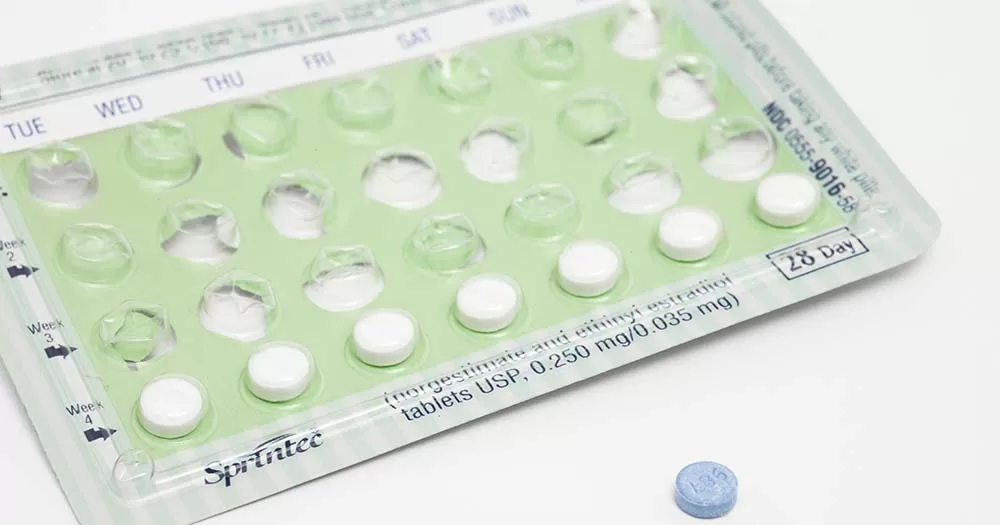The state-funded free contraception scheme has been extended to include people between the ages of 27 to 30.
The programme, which is open to women, girls, non-binary, and trans people who qualify for prescription contraception, was first introduced in September 2022. It originally catered for people between the ages of 17 to 25, but in January of this year, it was expanded to include 25-year-olds.
In announcing the expansion, Minister for Health, Stephen Donnelly said, “Ireland today is a very different country to the one of 1971 when groups of courageous women smuggled contraceptives on the ‘condom train’ from Belfast.
“Ireland has come a long way in terms of the supports it offers for sexual and reproductive health and rights, gender equity and family planning.”
He continued, “Increasing access to free contraception through the free contraception scheme and the National Condom Distribution Service (NCDS) is therefore a key priority for this Government, supporting positive sexual health and choice in family planning.”
The minister was also keen to emphasise the financial importance of the programme, saying, “In the context of the current cost-of-living crisis, given that the higher costs of prescription contraception are typically faced by women, the scheme impacts positively on gender equity, reducing costs for women, their partners and families.”
He added, “The most suitable contraception isn’t always the cheapest, so this scheme empowers women to choose the method most suited to their needs and lifestyle, with the assistance of free consultations with their GP or other medical professional.”
Today’s expansion is part of what Donnelly described as a “growing suite of sexual health services” included in the Women’s Health Action Plan that the government launched last year.
The minister said the aim of the programme was to “respond to population needs, reducing crisis pregnancy and termination of pregnancy rates, and supporting STI prevention”.
The free contraception scheme provides for the cost of prescription contraception, including the cost of consultations with medical professionals.
It also accommodates the cost of fitting, removing or providing various types of contraceptives, such as long-acting reversible contraception (LARCs) like injections, implants and hormonal and copper intra-uterine devices and systems.
The scheme will also cover oral contraceptive pills and emergency contraception.
So far, almost 2,400 GPs and 1,950 pharmacies have signed up to provide services and products covered by the programme, which has been allocated close to €31.5 million for this year alone.
© 2023 GCN (Gay Community News). All rights reserved.
Support GCN
GCN is a free, vital resource for Ireland’s LGBTQ+ community since 1988.
GCN is a trading name of National LGBT Federation CLG, a registered charity - Charity Number: 20034580.
GCN relies on the generous support of the community and allies to sustain the crucial work that we do. Producing GCN is costly, and, in an industry which has been hugely impacted by rising costs, we need your support to help sustain and grow this vital resource.
Supporting GCN for as little as €1.99 per month will help us continue our work as Ireland’s free, independent LGBTQ+ media.
